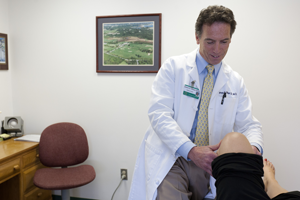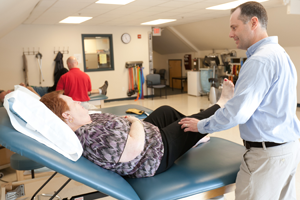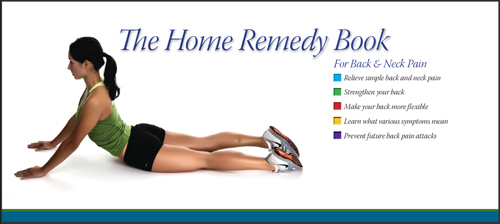- Locations
- Find a Physician
- By Physician
- By Department
- The Center for Spine Health
- Hand & Wrist Center
- Shoulder & Elbow Center
- Foot & Ankle Center
- Joint Replacement Center
- The Sports Medicine Center
- Pediatric Orthopedic Center
- Trauma & Fracture Center
- Osteoporosis and Bone Health
- Oncology Center
- Cartilage Repair Center
- Concussion Rehab Center
- OrthoDirect
- Careers
- Patient Portal
- Intranet
Injection Therapy
Click here for Spine Injections
Click here for the Comprehensive Spasticity Management Clinic
Injection therapy is intended to be a means to an end. The goal is to provide the patient with enough pain relief to bridge from inactivity to physical therapy, where orthopedic problems can be better treated with special exercises. For years, physicians have used cortisone injections, steroid injections, trigger point injections and nerve blocks to relieve pain caused by osteoarthritis, rheumatoid arthritis, sports injury and more.
Joint injections
Cortisone steroid injections into a joint can help in quickly reducing joint pain while at the same time restoring function to the part of the body affected by inflammation. Addtionally, when the corticosteroids are absorbed from the joint into the circulation, cortisone injections can help to decrease the inflammation in diseased joints throughout the body.
Examples of orthopedics problems that may benefit from steroid injections include a knee, elbow or shoulder affected by osteoarthritis or rheumatoid arthritis. Long term relief for more advanced osteoarthritis is less likely because of the existing problem and the weight bearing nature of these joints. Short-term relief of pain and swelling should occur and may help patients waiting on a total joint replacement.
While there are potential and infrequent adverse reactions to steroid injections, there is little risk of significant side effects.
Steroid injections
Steroid injections can be used to help relieve pain and restore function in many types of orthopedic conditions such as tendinitis, bursitis, fibrositis, fasciitis, arthritis, ligament injuries and more. Corticosteroids are hormones made naturally from cholesterol in the adrenal glands. When our system naturally produces corticosteroids, they affect most of the tissues in the body either directly or indirectly. This steroid directly effects the production of important enzymes in the body. Steroid injections can produce strong anti-inflammatory results.

Visco Supplements
When treating osteoarthritis of the knee one of the first goals is to relieve pain. Common treatments include pain relievers such as ibuprofen or nonsteroidal anti-inflammatory drugs (NSAIDs), physical therapy, and corticosteroid injections. Some patients do not respond well to NSAIDs and may only feel temporary pain relief.
A procedure in which a dose of hyaluronic acid is injected into the knee joint is known as viscosupplementation. Hyaluronic acid occurs naturally and is found in synovial (joint) fluid. Hyaluronic acid serves as a lubricant to enable bones to move smoothly over each other and as a shock absorber for joints. Patients with osteoarthritis, arthritis caused by "wear-and-tear", have a below normal concentration of hyaluronic acid in their joints. Viscosupplementation may be a non-surgical treatment for people diagnosed with osteoarthritis of the knee.
Viscosupplementation does not provide immediate pain relief. Commonly, during the course of the injections, patients may notice less pain in the knee due to the fact that hyaluronic acid has anti-inflammatory and pain-relieving properties. Injections can also help stimulate the body to produce more of its own hyaluronic acid. Effects of viscosupplementation treatment can last for several months.








